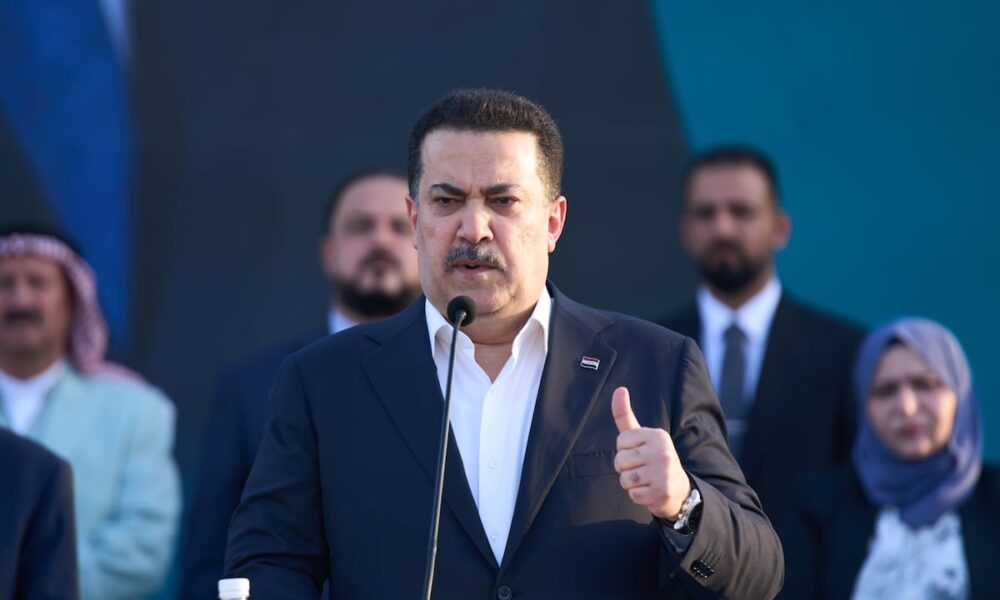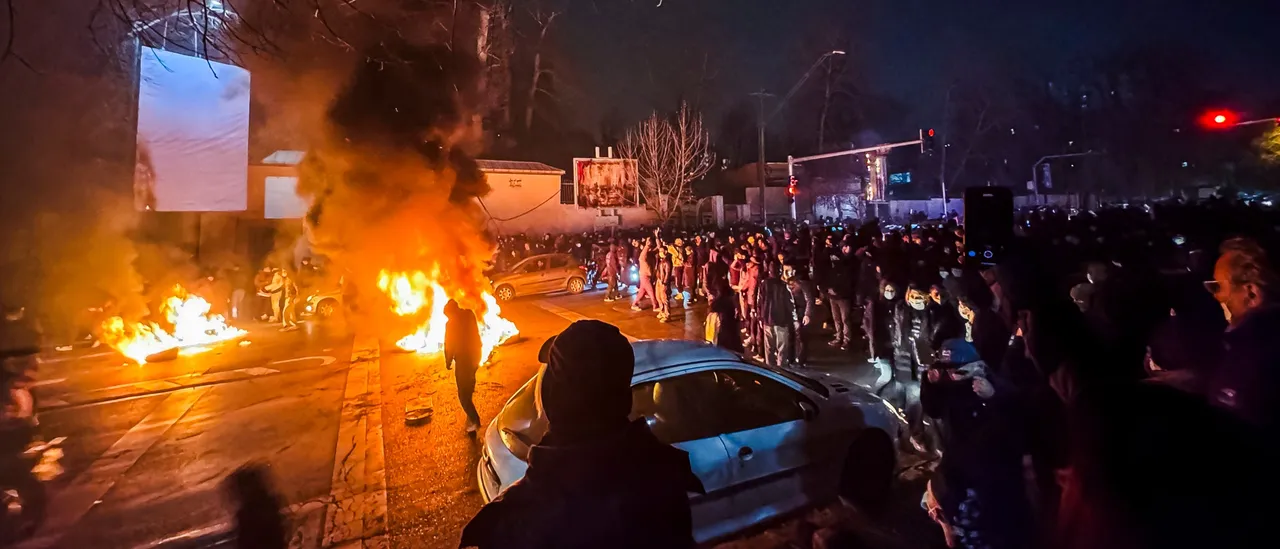Iraq’s Prime Minister, Mohammed Shia al-Sudani, announced on Monday that a contingent of U.S. military advisers will remain in the country to support operations against the Islamic State (IS) group in neighboring Syria. This decision comes despite a previously established agreement aimed at reducing U.S. military presence in Iraq by September 2023.
During a press conference in Baghdad, al-Sudani confirmed that U.S. military advisers and support personnel are currently stationed at the Ain al-Asad air base in western Iraq and the al-Harir air base in the north. Although the original agreement specified a complete withdrawal from Ain al-Asad by September, ongoing developments in Syria necessitated maintaining a “small unit” of between 250 and 350 personnel to assist with counter-IS operations.
Al-Sudani specified that these advisers would focus on surveillance and coordination efforts with the U.S. base at al-Tanf in Syria. He noted that while some U.S. sites are seeing gradual reductions in personnel, the need for continued support due to increased IS activity in Syria remains a priority.
Concerns over a potential resurgence of IS have grown since the fall of former Syrian President Bashar Assad in December 2022. The resulting security vacuum and abandoned weapons have raised alarms in Iraq regarding the extremist group’s capabilities. Nevertheless, al-Sudani emphasized that IS “no longer poses a significant threat inside Iraq.”
Balancing relations with both the United States and Iran has been a delicate task for Iraq. The Prime Minister reiterated his commitment to keeping Iraq out of regional conflicts, stating, “We put Iraq first, and we do not wish to act as a proxy for anyone.” He insisted that Iraq will not become a battlefield for external disputes.
Amid these tensions, al-Sudani called for renewed negotiations between the U.S. and Iran, criticizing the previous administration’s “maximum pressure” strategy as ineffective. “Iran is an important and influential country that must be treated with respect and through direct dialogue,” he said.
The presence of Iran-backed militias in Iraq has been a contentious issue, especially concerning the Popular Mobilization Forces (PMF), a coalition of militias that emerged to combat IS. Although the PMF was officially integrated into the Iraqi military in 2016, it continues to operate with significant autonomy. Recent legislative proposals aimed at solidifying the relationship between the military and PMF have drawn objections from Washington.
While al-Sudani did not directly address the proposed legislation, he emphasized his government’s commitment to disarmament and national dialogue. “We encourage all factions to either integrate into state institutions or engage in political life,” he stated. This could include transforming armed factions into political parties eligible for elections.
As Iraq prepares for parliamentary elections next month, al-Sudani noted that armed groups that have transitioned into political entities hold the constitutional right to participate. The outcome of these elections will be pivotal in determining whether he will serve a second term as Prime Minister.
In summary, Iraq’s strategic decision to retain U.S. military advisers reflects ongoing concerns about IS activity in Syria and the broader implications for regional stability, as the country navigates complex relationships with both the United States and Iran.







